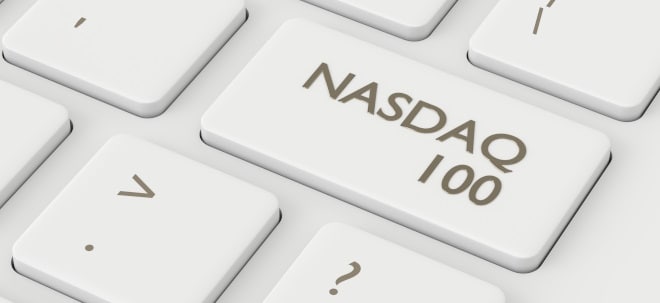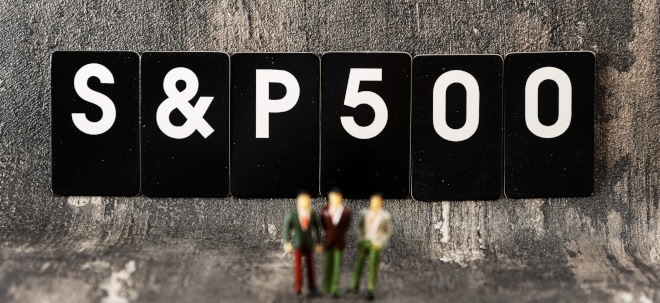Novartis, Teva May Get Billion-Dollar Boost From New EU RulesBy Eva von Schaper and Naomi Kresge - Nov 26, 2010 3:35 PM GMT+0100
Europe’s drug regulator set out guidelines for copying some of the most expensive biotechnology medicines, giving companies such as Novartis AG and Teva Pharmaceutical Industries Ltd. access to a $36.4 billion market.The European Medicines Agency’s draft regulation, posted today on the agency’s website, aims to clarify how drugmakers can copy and sell so-called monoclonal antibodies after they lose patent protection. The document is open to public comments until May 31, the London-based agency said.
Three important monoclonal antibody treatments are slated to lose patent protection by 2015: Roche Holding AG’s Herceptin for cancer, Biogen Idec Inc. and Elan Corp.’s multiple sclerosis drug Tysabri and Remicade for rheumatoid arthritis, sold by Johnson & Johnson and Merck & Co. Together, the medicines had sales of more than $10 billion last year.
“Looking out five to ten years, I see this as a multi- billion-dollar opportunity,” said Jeff George, who heads Novartis’s generic-drug unit, Sandoz.
Novartis is working on eight to 10 copies of biological drugs, he said.
Antibodies are part of the immune system, recognizing and fighting infection and other foreign substances in the human body. Monoclonal antibodies are produced to closely resemble human ones.
New Biosimilars
Monoclonal antibody copies would be a new type of biosimilar, a copy of a medicine designed to mimic substances found in the body such as hormones. Conventional generic drugs are copies of treatments for high blood pressure or pain, and often don’t resemble biological compounds. Biosimilars have been sold in Europe since 2005. Companies use genetically engineered cells to make biosimilars, and conventional generics are manufactured by chemical reactions in large vats.
“Monoclonal antibodies are currently still perceived by many to be a bigger challenge for biosimilar development” than drugs like generic epoetin, an anemia treatment, according to Elmar Kraus, an analyst at DZ Bank in Frankfurt.
The guidelines released today establish the kinds of tests and studies needed to show the copy is similar to the branded drug. Companies will have to submit their products to human trials, though they will usually be less extensive than those needed for the approval of a branded antibody.
The agency may accept trials that forgo the use of a control group, and compare the generic with the original. The regulator also may accept data gathered to support the application of a treatment in one illness to support approval for other uses.Antibody MarketThe market for the antibodies was valued at $36.4 billion in 2009 and is forecast to increase to $62.7 billion in 2015 
, according to Datamonitor Plc, a London-based health information firm.
No generic monoclonal antibodies have been approved either in Europe or in the U.S. Copies of antibodies will reach those markets between 2014 and 2016, according to Aaron Gal, an analyst at Sanford C. Bernstein & Co. in New York.
“There is a limited number of companies going into this business, because it’s not like a normal generic,” according to the European Medicines Agency’s Executive Director Thomas Loenngren, who spoke in a Nov. 3 interview.
Teva, based in Petah Tikva, Israel, is developing a copy of Roche’s Rituxan, the second-biggest-selling cancer drug. Teva in May began recruiting patients with rheumatoid arthritis for a clinical trial comparing its biosimilar copy, TL011, with Rituxan, sold outside the U.S. as MabThera, according to the U.S. National Institutes of Health website. Teva in September expanded the tests to include patients with non-Hodgkin’s lymphoma.
Rituxan has patent protection in the U.S. until 2018 and in the rest of the world through 2013, Nina Schwab, a Roche spokeswoman, said in a telephone interview.
Novartis’s Focus
Novartis is focused on monoclonal antibodies, George said. He declined to provide details on any projects, citing competitive reasons. (
Antibody-Lieferant #1 ist Morphosys. Mittlerweile 3 Novartis-HuCAL-AKs in der Klinik ohne Nennung von Indikation.)
“It is safe to assume we are focused on the most significant opportunities in that space,” George said.
Five products account for 75 percent of monoclonal antibody sales: Roche’s Avastin, Herceptin, Remicade, Rituxan and Abbott Laboratories’ arthritis drug Humira. Each of the so-called “Big Five” had at least $4 billion in sales annually.
There are about 30 branded monoclonal antibodies approved in Europe, and this regulation will likely affect 10 to 15 originator companies, Loenngren said in the interview.
Generics of monoclonal antibodies may not be as quick to gain ground as copies of more traditional, small molecule medicines, such as Merck & Co.’s Cozaar and Hyzaar, two blood pressure medicines. A small molecule generic typically erodes about half to the branded drug’s sales volume within the first year, while monoclonal antibody drugs are expected to lose less than 10 percent in that time, according to Datamonitor.
Generic Competition
Merck lost exclusive rights this year to both of the drugs, which had combined 2009 sales of $3.6 billion. Sales of the two drugs declined to $423 million, from $861 million in the third quarter of last year.
The European regulator hasn’t received any applications for antibody drugs so far, according to Loenngren. The EMA has had “contacts, scientific advice and discussions” with companies, he said.
The guidelines, when they are completed, will not be a strict rulebook, according to Ameet Malik, who heads the biopharmaceutical unit at Sandoz.
“The exact specification is going to vary by company and by molecule,” Malik said. “Companies may take different approaches.”
To contact the reporters on this story: Eva von Schaper in Munich at evonschaper@bloomberg.net; Naomi Kresge in Berlin at nkresge@bloomberg.net
To contact the editor responsible for this story: Phil Serafino at pserafino@bloomberg.net


 Thread abonnieren
Thread abonnieren





 , according to Datamonitor Plc, a London-based health information firm.
, according to Datamonitor Plc, a London-based health information firm.